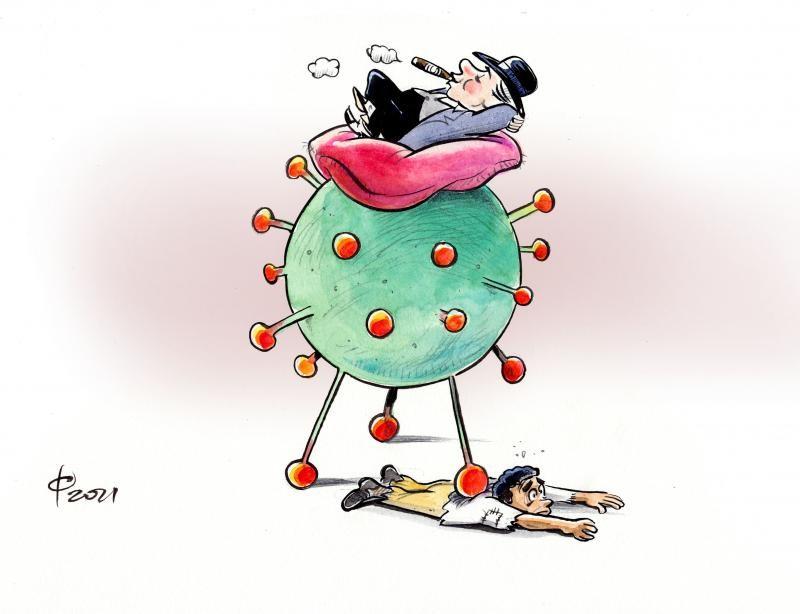Many authors have already alerted us to the problem of climate change and the risks of not addressing it. Indeed we already know that the cost of inaction is bigger than the cost of action, as Paul Polman is constantly remembering us. On the other hand, we sometimes forget the biggest hole consuming humankind: the “Inequality Virus”, as Oxfam named it two years ago.
At the start of 2021, Oxfam presented us with one of its usual reports about poverty in the world. It came with alarming expectations: “The coronavirus pandemic has the potential to lead to an increase in inequality in almost every country at once, the first time this has happened since records began.”
Today, with the Covid-19 crisis (hopefully) behind us, data is elucidating:
- The richest 1% grabbed nearly two-thirds of all new wealth worth $42 trillion created since 2020. This represents almost twice as much money as the bottom 99% of the world’s population. Indeed, during the past decade, the richest 1% had captured around half of all new wealth (Survival of the Rich, 2023).
- 573 people became new billionaires during the pandemic, at the rate of one every 30 hours. In 2023 it is expected that 263 million more people will crash into extreme poverty, at a rate of a million people every 33 hours (Survival of the Rich, 2023). Can you notice the difference?
- 85% of the world’s population will live in the grip of austerity measures by 2023. This trend is likely to continue until at least 2025, when 75% of the global population (129 countries) could still be living under these conditions (End Austerity: A global report on budget cuts and harmful social reforms, 2023).
- Food and energy companies more than doubled their profits in 2022, paying out $257 billion to wealthy shareholders. The Oxfam analysis shows that at least 1.7 billion workers worldwide will have seen a real-terms pay cut in 2022, making it more challenging to feed their families or keep the lights and heating on (Survival of the Rich, 2023). Is working paying off?
- Another Oxfam’s research also reveals that corporations in the energy, food and pharmaceutical sectors are getting record-high profits, even as wages have barely budged and workers struggle with decades-high prices amid COVID-19. The fortunes of food and energy billionaires have risen by $453 billion in the last two years, equivalent to $1 billion every two days. The five of the largest energy companies (BP, Shell, TotalEnergies, Exxon and Chevron) are together making $2,600 profit every second (Profiting from Pain, 2022).

We don’t need to elaborate a lot on this data, right? But something hints a wrong and pervasive economic system behind this scenario of increasing inequality. The very richest have become dramatically richer, and corporate profits have hit record highs, driving an explosion of inequality.
If you are a manager, a C-suite representative, or even a trainee, how do you feel about this? Do you think climate crisis is the only problem we have in hands? And is the corporate world navigating in the right direction? What is your company doing about this?
Many questions, true! However, my objective is never to overwhelm you. My deepest desire is that we can do something about this hurdle and put our hope and hands into working to make our world a livable and prosperous place for ALL. As the Secretary General of the UN mentioned, as stepping in in this new year of 2023: “This is not a time to sit on the sidelines, it is a time for resolve, determination, and – yes – even hope. Because despite the limitations and long odds, we are working to push back against despair, to fight back against disillusion and to find real solutions (…) to people’s lives”.
And you, are you contributing to this hole?
Have a great and impactful week!
Filipa Pires de Almeida
Deputy Director
Center for Responsible Business & Leadership
This article refers to edition #179 of the "Have a Great and Impactful Week" Newsletter and covers SDG 1 and 10.
Subscribe here to receive the weekly newsletter